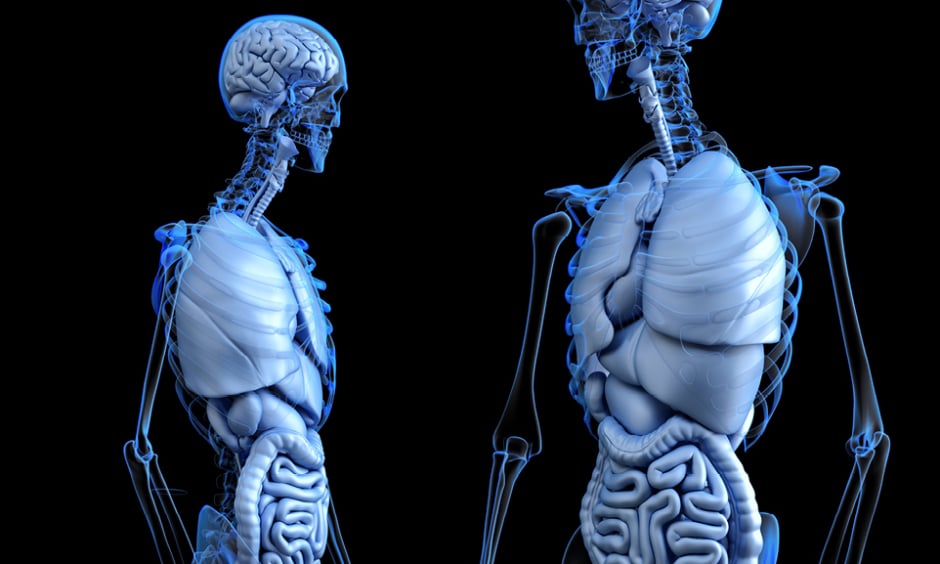LIVERMULTISCAN™, Perspectum Diagnostics, Ltd., Oxford, UK, was evaluated in a collaborative study by multiple UK Universities to assess the feasibility of the new technology replacing the liver biopsy as the gold standard for assessing liver disease. The rising global prevalence of non-alcoholic fatty liver disease (NAFLD) has meant that the development of non-invasive, cost-effective techniques for liver disease diagnoses is of growing importance and makes this investigation into the digital scanning for NAFLD, which could reduce liver biopsy by almost half, a critical study.
The study used the digital image scanning technology to examine 50 patients with liver disease and 6 healthy controls, the results of which were processed by clinical and imaging specialists. Three biochemical characteristics of the liver disease were used in conjunction with the imaging to contribute to the diagnosis of fatty liver disease. Once analysed, the data showed that LiverMultiScan correctly identified patients with steatosis, stratified those with non-alcoholic steatohepatitis or simple steatosis, and reliably exclude clinically significant liver disease with superior negative predictive value (83.3%) to liver stiffness (42.9%) and enhanced liver fibrosis (57.1%). Researchers concluded that the use of this technique could remove the need for 458 of every 1,000 liver biopsies currently performed. Not only was the new scanning technique shown to be effective in assisting diagnosis, it is also notably cheaper than liver biopsy, potentially saving the NHS around £150,000 per 1,000 patients.
“Whilst liver biopsy remains an important part of advanced hepatology practice, clearly we need better non-invasive tools at our disposal to evaluate the nature and severity of liver disease,” stated Prof Gideon Hirschfield, University of Birmingham, Birmingham, UK who concluded: “In this work we were able to compare and contrast different approaches to this challenging problem and show where scanning technology could help contribute to optimised diagnostic, prognostic, and treatment pathways.”
This research represents another leap forward for digital health, with greater specificity and individualised care set to become a reality in the future.








